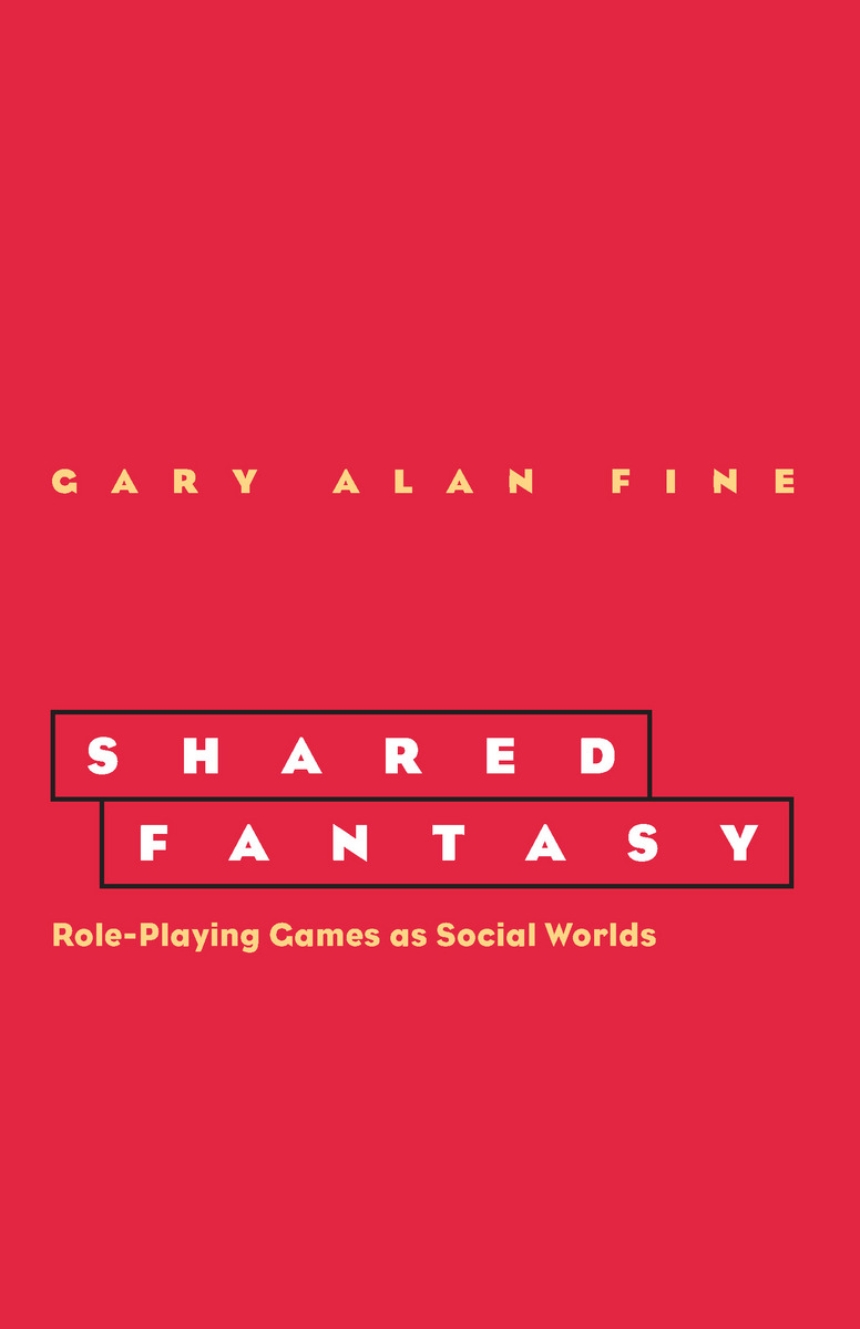

Tabletop role-playing games (TTRPGs) are cooperative, small-group games in which each person plays a character and a Game Master (GM) guides the game's story. Working with a shared set of rules, the players describe their character's actions and responses to the world/each other, using dice or other mechanics and the GM's input to determine whether their actions succeed or fail. As the game progresses, the entire group works together to build a narrative, sharing humor, suspense, excitement, frustration, relief, and more.
TTRPGs are growing rapidly in popularity, for good reason. In addition to fun and often meaningful social opportunities, these games and their design provide creative outlets for both players and GMs interested in storytelling, puzzles, character design, art, performance, comedy, and other activities.
You need the following for most TTRPGs:
Read through the game's rulebook for more specifics.
Different TTRPGs have different genre conventions, settings, and rules, all of which might influence your game choice.
The most well-known TTRPG is Dungeons and Dragons, in which players are adventurers in a heroic fantasy setting. However, if you are more interested in sci-fi, urban dystopia, the regency era, horror, cozy forest vibes, etc., there is probably a TTRPG out there for you. Games also vary in the complexity of their rules, which aspect of the game they prioritize (e.g., social interaction, combat, etc.), the mechanics of character creation and deciding action outcomes, and more.
Use the navigation tabs to explore some popular TTRPGs available here at UMSL. Each page offers a short overview and links to supporting resources.
TJ Library is working on building its TTRPG collection, including rulesets for popular games as well as some pre-written adventure books. For purchase suggestions or questions on locating specific titles, contact Libby Wheeles at eawheeles@umsl.edu.
Coming Soon: Werewolf: The Apocalypse, Mörk Borg
Note: If we don't have the book you want, or it's checked out, try a MOBIUS search to request it from another library.
The Library is piloting a beginner-friendly, library-themed adventure to introduce students to Dungeons and Dragons alongside introductory information literacy concepts. For more details, visit the Dungeons & Dragons @ TJ Library page.
Questions? Contact librarian Libby Wheeles at eawheeles@umsl.edu.

This classic study still provides one of the most acute descriptions available of an often misunderstood subculture: that of fantasy role playing games like Dungeons & Dragons. Gary Alan Fine immerses himself in several different gaming systems, offering insightful details on the nature of the games and the patterns of interaction among players—as well as their reasons for playing.
Explores how the hobby of roleplaying games, commonly known as RPGs, blossomed out of an unlikely pop culture phenomenon and became a dominant gaming form by the 2010s. Going far beyond D&D, this heavily illustrated tome covers more than three hundred different RPGs that have been published in the last five decades.
The Digital Age has created massive technological and disciplinary shifts in tabletop role-playing, increasing the appreciation of games like Dungeons & Dragons. Millions tune in to watch and listen to RPG players on podcasts and streaming platforms, while virtual tabletops connect online players. Such shifts elicit new scholarly perspectives. This collection includes essays on the transmedia ecology that has connected analog with digital and audio spaces.
Looks at the earliest fantasy stories from the nineteenth and twentieth centuries, at the fans--both readers and writers--who wanted to bring them to life, at the Midwestern landscape and the middle-class households that were the hobby's birthplace, and at the struggle to find meaning and identity amidst cultural conflicts that drove many people into these communities of play. This book also addresses race, religion, gender, fandom, and the place these games have within American capitalism.
The 1980s saw the peak of a moral panic over fantasy role-playing games such as Dungeons and Dragons. A coalition of moral entrepreneurs that included representatives from the Christian Right, the field of psychology, and law enforcement claimed that these games were not only psychologically dangerous but an occult religion masquerading as a game. Dangerous Games explores both the history and the sociological significance of this panic.
Contributors examine a range of games, from classics like Final Fantasy to blockbusters like World of Warcraft to obscure genre bending titles like Lux Pain. Working from a broad range of disciplines such as ecocritism, rhetoric, performance, gender, and communication, these essays yield insights that enrich the field of game studies and further illuminate the cultural, psychological and philosophical implications of a society that increasingly produces, plays and discourses about role playing games.
Core concepts of postmodernism are evident in pen-and-paper role-playing, such as Dungeons and Dragons. Exploring the interrelationships among narrative, gameplay, players and society, the author raises questions regarding authority, agency and responsibility, and discusses the social potential of RPGs in the 21st century.